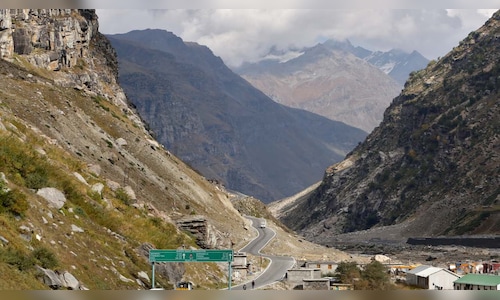Pre-festival events commenced on August 2, engaging local communities in a range of activities including yoga sessions, knitting competitions, poetry contests, plantation drives, and traditional sports. A highlight of the programme is the inclusion of Mr, Miss and Mrs Lahaul and Spiti pageant, whish has been designed to foster local hetitage and inclusivity. The festival will showcase the district’s unique tribal identity through indigenous art forms, dance, music, cuisine, and crafts, while incorporating a comprehensive green protocol to ensure minimal environmental impact.
Kiran Bhadana, a 2017-batch IAS officer and the first woman to serve as Deputy Commissioner of Lahaul-Spiti has been instrumental in the initiative behind the tribal festival. As Chairperson of the Tribal Festival Committee, Ms Bhadana has been widely recognised for her leadership in promoting inclusive development, women’s empowerment, and environmentally responsible governance in the region.
Under Bhandana’s guidance, the festival has adopted a zero-waste approach with a complete ban on single-use plastics, the introduction of refillable water stations, cloth bag promotion, and the deployment of Swachhata volunteers to maintain cleanliness and spread awareness throughout the event.
“Driven by a deep respect for the Himalayan ecosystem and its cultural heritage, the District Administration has taken thoughtful green initiatives to make the Tribal Festival an eco-conscious celebration,” Bhadana said. “This is not just an event, it’s a heartfelt tribute to the indigenous communities of Lahaul and Spiti, showcasing their timeless traditions, spiritual depth, and close bond with nature. It offers visitors and locals alike a rare chance to experience the true essence of Himalayan tribal life, in a way that honours both culture and sustainability.”
Known for its breathtaking terrain and spiritual heritage, Lahaul and Spiti remains one of the least populous districts in India. With the Tribal Festival 2025, the region opens to eco-conscious tourism that respects the delicate balance between nature and culture as India embraces a future focused on environmental stewardship and cultural preservation.
(Edited by : Jerome Anthony)






